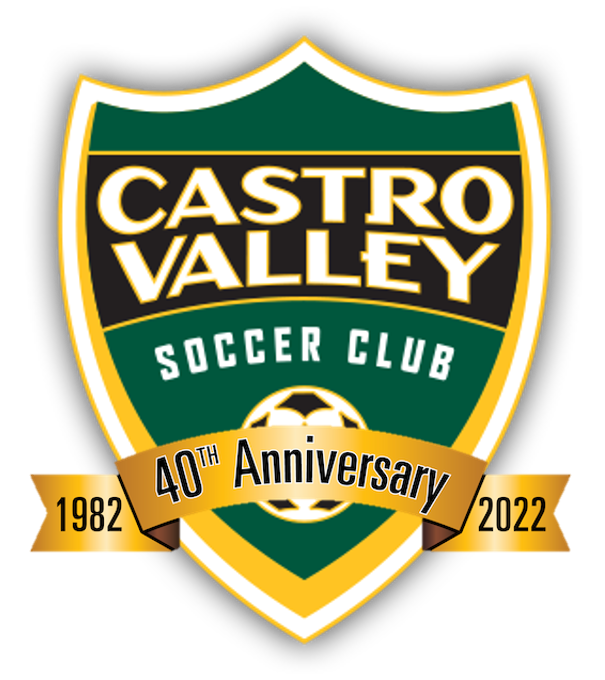Page Not Found
We're sorry. This page was not found.
The page you are requesting may have moved or it no longer exists.
Try navigating through the main menu or use the Site Map to find what you are looking for. Please feel free to contact us if you have any questions.














